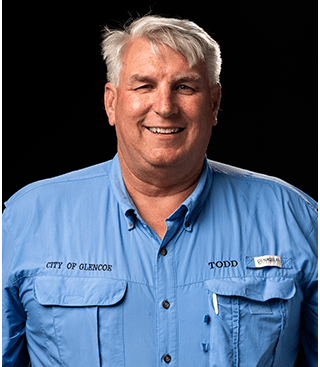Storm Water
The public is encouraged to report any illicit discharge, spillage, illegal dumping, or any other activity that might adversely affect stormwater discharge.3 easy steps
Stop Storm Water Pollution
By learning about our storm water system and how it works, you can become more aware of the pollution problems and how to help us solve them. By sharing what you’ve learned with family, friends and neighbors, you can help us spread the word and educate our community. Most of the problems arise from simply not knowing the effects of allowing pollutants to enter the storm water system. They are unaware that the storm water system enters the waterways unfiltered and untreated and that any chemicals or pollutants discharged into the storm water system can be dangerous to our waterways, plants, fish and wildlife. Once people become aware of the problem, most will do what they can to prevent illicit discharges and protect our waterways.
Storm water
Management Plan
National Pollutant Elimination System (NPDES)
Nonpoint Source Pollution
Learn About Water
18-002 Gad - Etowah ADEM Cvr Ltr
Appendix A - Urbanized Area
Appendix B - Charts
Appendix C - Q2 Monitoring Reports
Monitoring Locations
2022-2023 Storm Water Annual Report
2017 Storm Water Management Program Plan - MS4
Appendix F - City of Glencoe (ALR040054)
Figure 1 - Glencoe Map
Figure 2 - Glencoe UA Outfalls
Figure 3 - Glencoe UA Outfalls Inset
Glencoe AR Control Measures Table
Glencoe Outfall Table
Glencoe Municipal Facilities
Glencoe Ordinance

Todd Means
Glencoe City Inspector